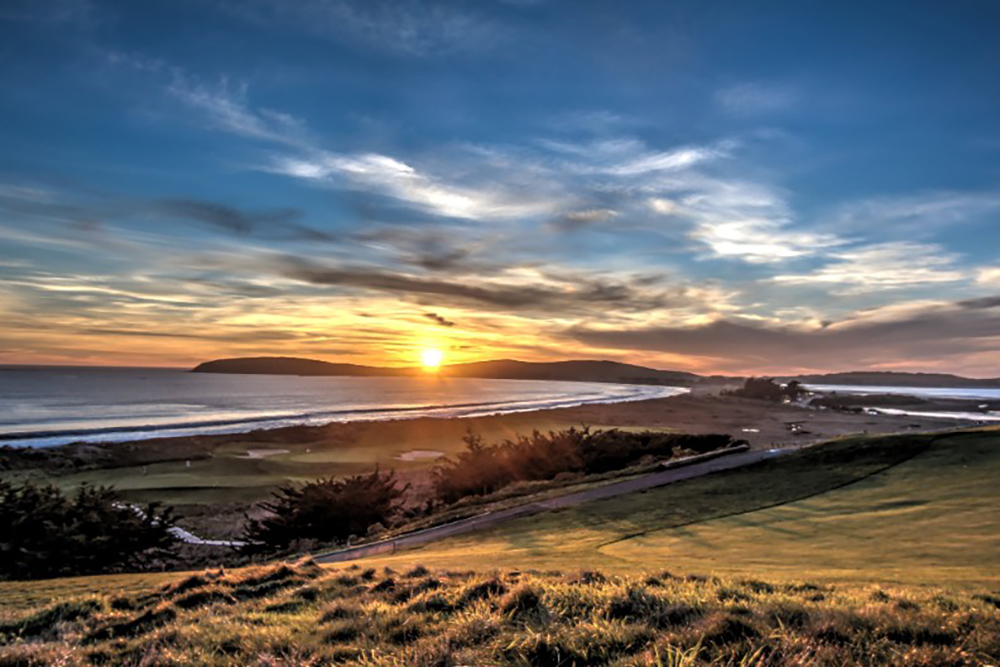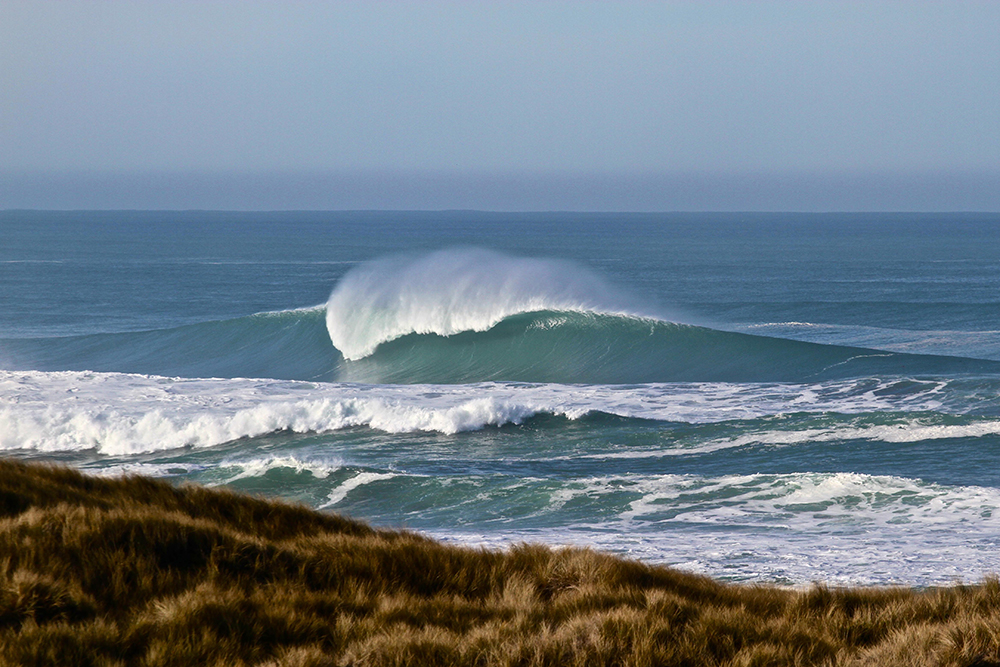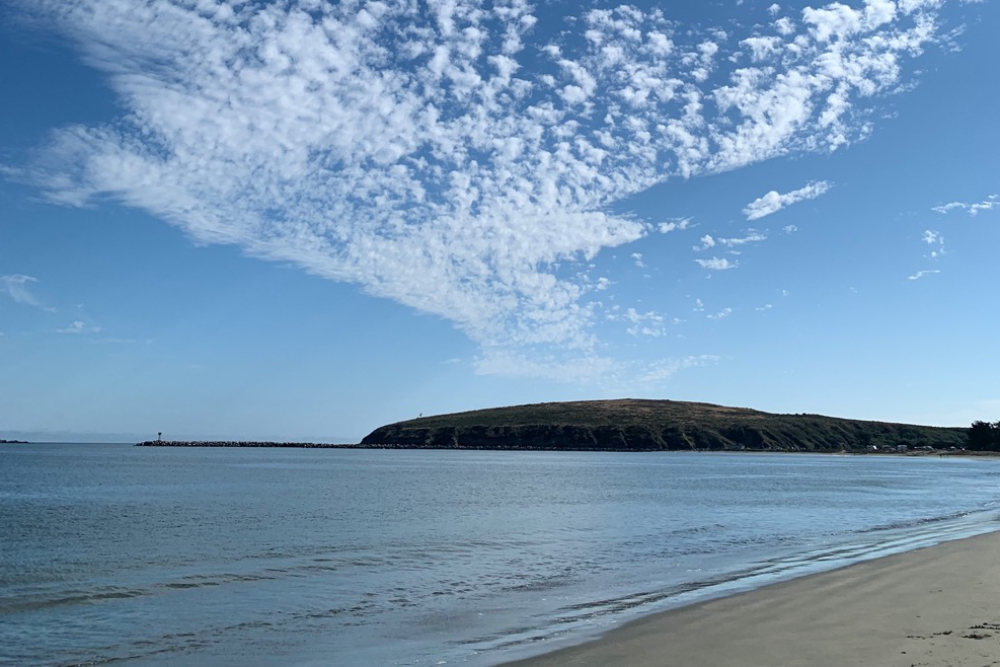The purple sea urchin I’m holding doesn’t look like an environmental terrorist—more like a domed pincushion bristling with needle-sharp spikes. I can’t look this echinoderm (pronounced ee-KINE-o-derm), a cousin of sea stars and sea cucumbers, in the eye. It doesn’t have any. Nor does it have a brain, heart, backbone, or blood. Yet urchins, among the most ancient animals, date back 450 million years and inhabit every ocean on earth.
Nature
The Tao of Tracking
To me, Jim Sullivan seems a combination of Davy Crockett and David Attenborough: A scientist by training. A landscape designer, newspaper columnist, and college instructor by various career twists. An environmental activist, pleine-aire painter, philosopher, author, and drummer by personal passion. A living legend among the hundreds of tracking students he’s trained.
Sailing by the Wind
Years ago I learned to sail by the wind on a 26-foot sloop in San Francisco Bay. After the initial terror, I came to relish the exhilaration of skimming across the water, rocketed by gusts and tugged by currents. At times I’d imagine endlessly drifting on the open sea with the sun and the stars as my only companions.
Velella velella (from the Latin for “veil”), commonly known as “by-the-wind sailors,” live this fantasy. Ancient mariners found in oceans around the world, they have no need for seaworthy vessels. They are shaped like exquisite toy sailboats.
The Wantonness of Wildflowers
On a wildflowers hike at the Jenner Headlands Preserve in Northern California, Ranger Jill Adams of the Wildlands Conservancy asks what we expect to find.
“Sex,” a voice calls out. Giggling like school kids, we turn to a small woman in a tan bucket hat and sensible boots. “My father was a botanist,” she explains. “He taught us that when you go into the woods to look for wildflowers in Spring, you’re going to see lots and lots of sex.”
Superpowers of the Tide Pool
Twice a day the Pacific draws back its surf-fringed curtain to reveal a secret world brimming with fantastical creatures that John Steinbeck described as “ferocious with life.” They have to be. Only the fierce can survive in the harsh borderland between the tide’s highest splash and deepest pools. In this kingdom claimed by both sea and land, waters rise, waves pummel, predators pursue, and real estate wars rage.
Seasons of the Sea
During my Pennsylvania childhood, the seasons paraded through the years in lockstep formation: Spring’s promises and petals. Summer’s lush ripeness. Autumn’s harlequin leaves. Winter’s icy grip. Here on the Northern California coast, the indomitable wind and waves have created seasons of their own: Upwelling (March through July), Relaxation (late summer through October), and Storm (November through February).
Growing A New Brain
When you learn a language, a linguist once told me, you see with new eyes, listen with new ears, speak with a new tongue. In essence, you grow a new brain. As I began my coastal wonderings, waves of words—some entirely new, others familiar but with different meanings—washed over me. I quickly realized that I would need a new vocabulary as well as a new brain.
The Edge of Edges
California’s Route One surfs the rim of the Pacific— swerving, curving, diving into gorges, curling around coves, spiraling up cliffs. Sixty-five miles north of San Francisco the rambling road skids into my town, the incorrigibly funky fishing port of Bodega Bay, immortalized in Hitchcocks’s The Birds.
A New Chapter in a Writer’s Life
Like a book, a life has many chapters. My latest began in 2020. For more than a decade, I had been writing books—La Bella Lingua: My Love Affair with the World’s Most Enchanting Language, Mona Lisa: A Life Discovered, and La Passione: How Italy Seduced the...




